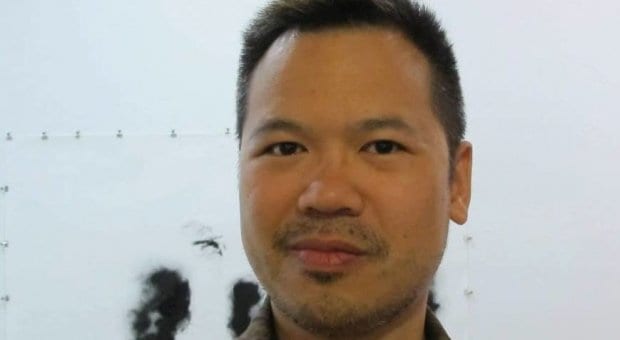Bill 60, Quebec’s proposed secular Charter of Values, continues to provoke strong reactions on both sides of the debate, especially since the Parti Québécois tabled it in Quebec’s National Assembly on Nov 7.
A group of queer activists has responded by releasing a declaration condemning the proposed Charter on Nov 12.
“The whole idea for our declaration came about when a group of us decided there had to be a response not just from the LGBTIQ community, but also from those who were racialized, were people of colour and were indigenous, because a lot of us are directly affected by this charter,” says Vanier College professor Alan Wong, a veteran Montreal queer activist. “[Many of us] are more than one thing; we have all these different facets that make us who we are, and that includes religion.
“A lot of religion is tied in with culture and with race, particularly among Muslims and Jews, and there are lots of LGBTIQ people of colour who are that as well,” he says.
If passed, Bill 60 would see all Quebec public sector employees banned from wearing overtly religious symbols. It would allow all civil service organizations a full year to adapt to the changes. Some institutions – such as Montreal’s Jewish General Hospital – would be able to apply to extend their transition periods by an additional five years.
Quebec Premier Pauline Marois has said the bill will help “build a diversity” in the province. On Nov 7 the Montreal Gazette reported that Marois had invited Quebeckers to speak about the bill in public hearings, calling the tabling of the bill “a beautiful day for Quebec.”
The PQ also recently gave the bill a new 28-word title: the “Charter Affirming the Values of Secularism and the Religious Neutrality of the State, As Well As the Equality of Men and Women, and the Framing of Accommodation Requests.”
In response, the Nov 12 declaration from queer people of colour and their allies states, “While religion has historically been the ideology and institution oppressing members of sexual minorities, it is also for some a source of liberation from racism, colonialism and totalitarianism, not to mention of spiritual support. While combatting homophobia in religious thought and institutions is essential for our full liberation and equality, we also believe that the struggle to modernize and liberalize religions that still oppress women and LGBTIQ people must begin from within such institutions.”
The declaration also states, “As LGBTIQ people of colour and Indigenous people and their allies, we value the fundamental principles of equality, liberty, dignity, and security of the person, and oppose any concept, law, policy, or practice that curtails these principles. We cannot stand by or show indifference to any government action, even taken in the name of secularism and gender equality, that is inconsistent, incoherent, and incompatible with what we believe are the truly fundamental principles of equality, liberty, dignity, and security of the person.”
Wong says that more than 100 queer people of colour and their allies have signed the open letter. Many well-known Montrealers have also signed it.
“We are hoping to get a lot of support from our allies,” says Wong, who is also the coordinator for GLAM (the volunteer-run support group Gay and Lesbian Asians of Montreal, founded in 1993). “But this [secular] charter business has created a really toxic environment, and one cannot deny that there is a racial aspect to this. It has really made many of us feel like second-class citizens.”


 Why you can trust Xtra
Why you can trust Xtra


